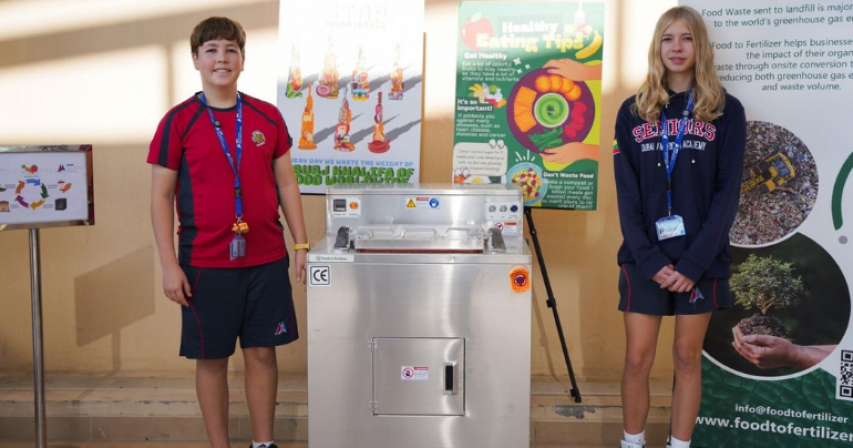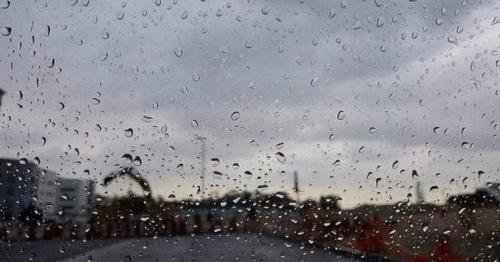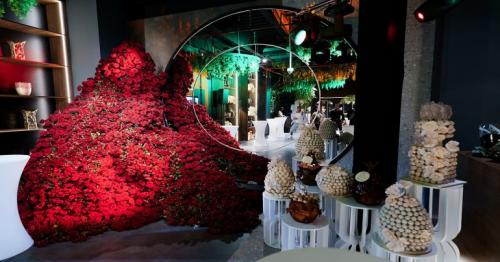Dubai: Food waste helps school garden, community green spaces bloom with new invention

Embracing environmental sustainability, another school in Dubai has sourced a ‘food-to-fertilizer machine’ which is a modern technology in today’s world to combat the climate crisis.
The composter at the Dubai American Academy (DAA) serves to enhance the nutrient content of decomposed food leftovers- vegetables, fruits and edible scraps from the schools’ cafeteria, which reduces the carbon emissions caused by the school and assists them in their contribution towards environmental and green sustainable living.
The machine is in harmony with the strategic objective of Dubai Municipality of 50% reduction in food waste by year 2030.
Angela Hargett, High School English Teacher and Eco Committee coordinator explained: ‘We compost many edible organic materials such as vegetables, fruits and other edibles but never use oil. The composter converts these wastes into compost enabling us to save a huge volume of wastes from being taken to landfill sites.
“This makes us the first GEMS school to embrace composting as an initiative. Furthermore, we have an eco-garden which is looked after by an eco-committee where all the compost is applied. At the moment, we are testing which vegetables would be the most suited to our garden. Once this is a success, we intend to sell the product to our parent community.”
When asked if the smell emanating from the compost pile is strong, she continued, "It's funny really, it has a lovely smell! When I went out recently, it had this strange mango type smell but as it is let out, it’s more of a coffee scent. Unexpectedly good.”
‘Engaging the school community’
The school’s eco-initiatives come as part of a larger green strategy that even includes the composter. For the last 3 years, the school has been on the quest of becoming more eco-friendly by eliminating the use of plastic bottles, using fewer papers and also establishing an eco-garden.
“The school is quite advanced as far as technology is concerned. When I joined the institution, I thought something had to be done for the environment. We have been working towards an ambitious goal of becoming a green school for the last 2 to 3 years,” said Hargett.
“The green flag is what we are trying to achieve this year. It has been three years since we established a garden and what we are seeking to do is simply eliminate every aspect. We have cut back on our papers and we have eliminated the use of plastic bottles in the school.
Therefore, the next step is the compost bin. The cafeteria generates a lot of waste, and we are attempting to avoid sending it to the landfill by using it all around the community and the school. We are doing everything we can to limit our carbon emissions,’ Hargett explained.
She stressed the need to scale this sense across the school and teach students waste reduction, composting and the concept of sustainability in their homes and across their communities. “We took our Grade 5 students to show them how it works and they were all quite fascinated.”
How does the machine work?
Weighing close to 200kg, a single cycle of a food-to-fertilizer machine takes about 10 hours to finish.
Rzayev Javad, a grade 12 student, and president of Eco Community at DAA narrated, "This composer was introduced two weeks ago, and it’s a huge leap in the efforts to combat food waste on our campus.”
He went on to explain, “The food decimation process can handle up to 60 kgs of food waste in a single cycle which equates to saving about 114 kgs of carbon dioxide emissions. It provides service to three cafeterias at our school. There is also an eco-garden in our premises in which we perform several actions and classes where various kinds of plants are grown using soil with this kind of fertilizer. Therefore, we are able to practice more eco-friendly measures within the premises.”






Comments